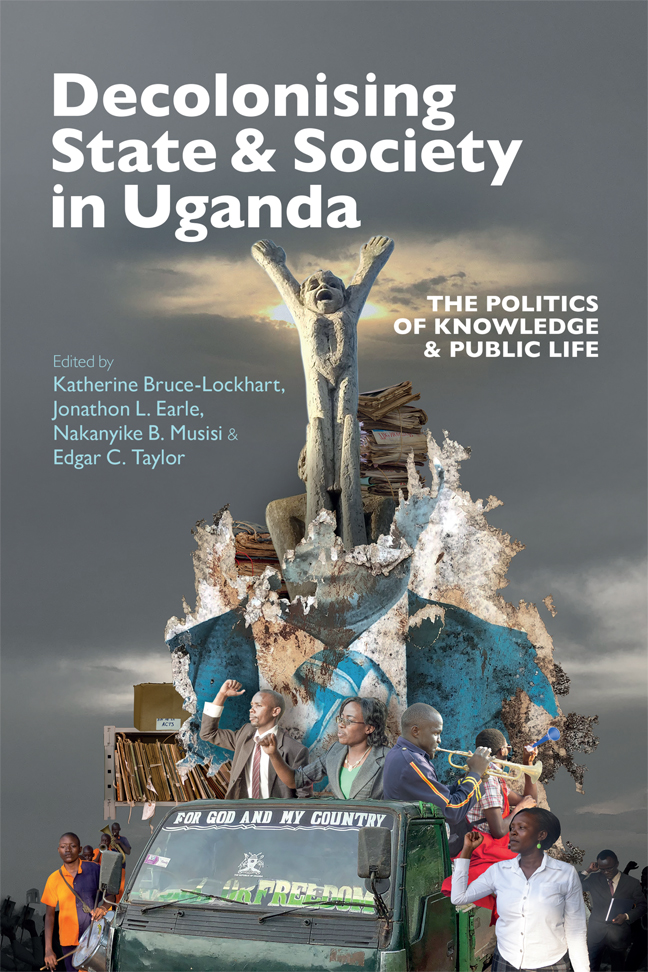13 - Liberation Ethnology: District Decolonisation, State Knowledge Production, and the Neoliberal Revolution in Uganda
Published online by Cambridge University Press: 15 February 2024
Summary
‘Scientific socialists must avoid the anthropological approach to African political problems’.
Scholars advocating for decolonisation are confronted in Uganda by a deeply embedded competing meaning of this term in popular political discourse. It is in the language of decolonisation, anticolonialism, and anti-imperialism that ethnic minority demands have long been framed by activists at Uganda's district margins. Claimants speak of experiences of ‘internal colonialism’, ‘internal imperialism’, ‘sub-colonialism’, or, more simply, ‘colonialism’ at the hands of African ethnic others at the local political and administrative level. Decolonisation, according to this logic, constitutes the work of righting of these very local historical wrongs; it means recognition of particular ethnic communities by means of the creation and reservation of administrative districts and electoral constituency counties. Such claims, framed in such language, have been made by activists since the late colonial era; but they began to be validated and exploited to an unprecedented degree under President Yoweri Museveni's National Resistance Movement (NRM), which seized power in 1986. His regime increased sub-national administrative units on an unprecedented scale; from 33 in the early 1990s to a staggering 146 today, with by far the greatest increases in the 2000s. The national legislature consisted of just thirty-eight persons in 1986, but now includes 312 electoral county MPs and a Woman MP for every one of the 146 districts. By its mid-2000s’ zenith, the wave of ‘district decolonisations’ was already far more openly tied to ethnicity by the regime than some observers have assumed. The NRM encouraged this politico- administrative fragmentation in response to not only the exigencies of patronage politics, but also the unfinished business of addressing real histories of discrimination, inequity, indignity, and conflict. ‘This is Museveni's version of decolonisation’, Yahya Sseremba has asserted.
The present chapter builds on Sseremba's important insights by looking at how and why this particular and particularist valence of decolonisation developed and came to be used by the regime at a certain moment around the turn of the 2000s. This chapter argues that this idea, one with deep colonial-era roots, was built into the constitutional foundations of the state by the NRM in the mid-1990s, but soon came to be refracted through the movement's internal ideological struggles – its own identity crisis.
- Type
- Chapter
- Information
- Decolonising State and Society in UgandaThe Politics of Knowledge and Public Life, pp. 295 - 316Publisher: Boydell & BrewerPrint publication year: 2022

